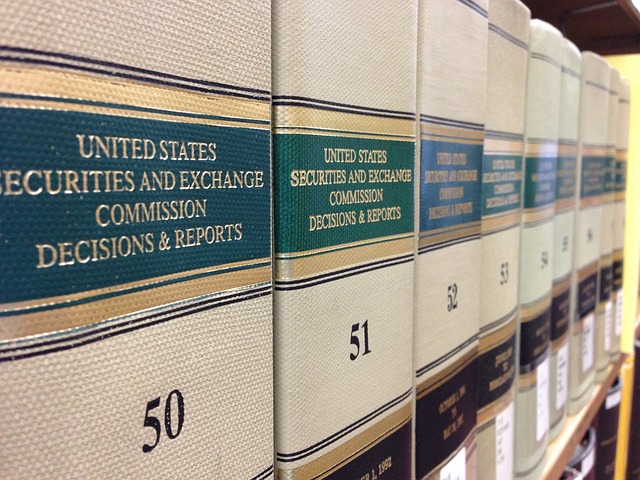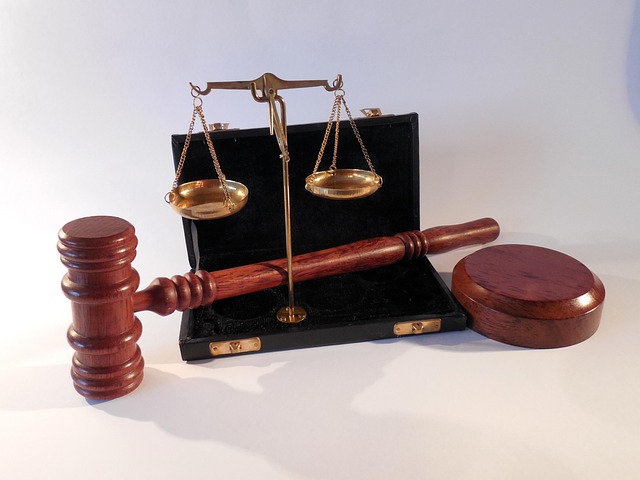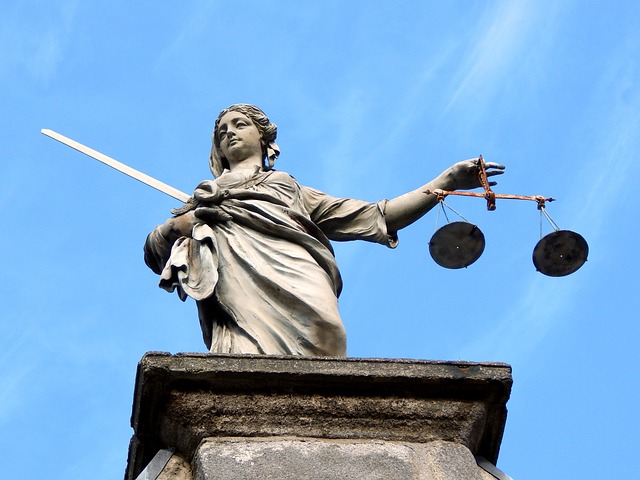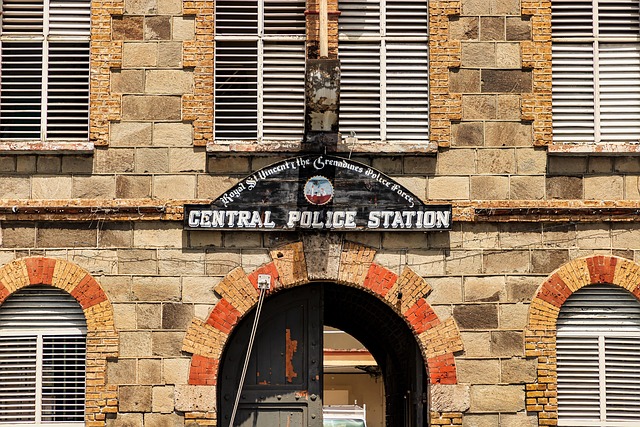Public corruption involves unethical government behavior, primarily bribery, fraud, or embezzlement, punishable by severe penalties. Joint property ownership conflicts arise from financial decisions within relationships and are complex to resolve due to equal rights. Effective strategies for resolving these conflicts are crucial in public corruption investigations, requiring thorough evidence collection and understanding of financial networks. Preventive measures like transparent record-keeping and clear legal frameworks can significantly reduce the risk of corruption in property transactions, fostering fairness and accountability. Collaboration between philanthropy and politics is key to driving systemic changes and boosting public trust.
“Public Corruption Charges: Navigating Legal Complexities and Preventing Missteps explores the intricate world of public integrity. This article delves into the legal framework surrounding corruption, focusing on the unique challenges posed by joint property ownership disputes. We analyze causes behind these conflicts, providing insights into common scenarios. Understanding investigative processes and evidence collection is crucial for resolving such cases effectively. Furthermore, we highlight preventive measures to mitigate risks and enhance transparency in real estate transactions.”
- Understanding Public Corruption Charges: Legal Framework and Penalties
- Joint Property Ownership Conflicts: Causes and Common Scenarios
- Resolving Disputes: Investigative Processes and Evidence Collection
- Preventive Measures: Mitigating Risks and Promoting Transparency in Property Transactions
Understanding Public Corruption Charges: Legal Framework and Penalties

Public corruption charges are a complex web of legal proceedings designed to combat unethical behavior within government and public institutions. At its core, public corruption involves the abuse of power for personal gain, often through bribery, fraud, or embezzlement. These offenses are addressed under specific laws and regulations that vary by jurisdiction. The legal framework typically includes provisions for investigating, prosecuting, and punishing individuals and entities involved in corrupt practices.
Penalties for public corruption can be severe, reflecting the seriousness of these crimes. They may include fines, imprisonment, or both, depending on the extent and impact of the corruption. Resolving joint property ownership conflicts that arise from corruption cases is a crucial aspect of ensuring justice. An unprecedented track record in white-collar defense strategies has emerged, offering insights into how philanthropic and political communities can navigate these challenges while upholding the rule of law.
Joint Property Ownership Conflicts: Causes and Common Scenarios

Joint property ownership conflicts arise from a variety of factors, often involving financial transactions and decision-making power within relationships. In many cases, these conflicts surface when partners have differing views on spending, investment, or even the sale of shared assets. Since both individuals hold equal rights to the property, resolving these disputes can be complex. Common scenarios include disagreements over mortgage payments, where one partner wants to refinance while the other prefers to maintain the current loan; disputes about renovations or improvements, leading to arguments over who controls the budget and design; and conflicts related to the sale of a property, particularly if one partner desires immediate cash flow while the other seeks to maximize profit.
Addressing these joint property ownership conflicts requires careful navigation. Partners may opt for mediation or collaboration to achieve an agreement that considers both financial needs and personal preferences. In complex cases involving white-collar and economic crimes, where there’s often an unprecedented track record of financial manipulation, resolving property disputes becomes even more intricate. However, through open communication, legal counsel, and sometimes alternative dispute resolution techniques, couples can work towards achieving extraordinary results in managing and dividing their shared assets fairly and equitably.
Resolving Disputes: Investigative Processes and Evidence Collection

When investigating public corruption charges, resolving disputes related to joint property ownership conflicts is a critical aspect. These cases often involve complex financial transactions and require meticulous evidence collection. Investigators must navigate through intricate records, bank statements, and digital footprints to uncover any ill-gotten gains or misappropriation of public funds. The process demands a thorough understanding of both corporate and individual client involvement, as corruption can take many forms, from bribery to fraud.
High-stakes cases require robust investigative methods to ensure the collection of admissible evidence. This involves following the money trail, analyzing financial records, and interviewing relevant parties. By employing these strategies, investigators aim for a complete dismissal of all charges, protecting the innocent and ensuring justice is served.
Preventive Measures: Mitigating Risks and Promoting Transparency in Property Transactions

Preventive measures play a pivotal role in combating public corruption charges, especially when it comes to property transactions. Implementing robust systems for resolving joint property ownership conflicts is essential. This involves transparent record-keeping and clear legal frameworks that delineate rights and responsibilities among owners. By adopting such practices, governments can significantly reduce the risk of corruption, ensuring that land deals are fair and above board.
Moreover, fostering collaboration between the philanthropic and political communities is crucial in promoting transparency. High-stakes cases often require winning challenging defense verdicts, which underscores the importance of proactive measures to mitigate potential risks. Through collective efforts, these communities can drive systemic changes, enhancing public trust and accountability in property dealings.
Public corruption charges, as explored through understanding legal frameworks, resolving disputes, and implementing preventive measures, highlight the complex nature of joint property ownership conflicts. By delving into these issues, we can uncover common scenarios and develop strategies to mitigate risks. Resolving joint property ownership disputes requires a meticulous approach, from investigative processes to evidence collection, ultimately fostering transparency in property transactions and reducing the occurrence of public corruption.






